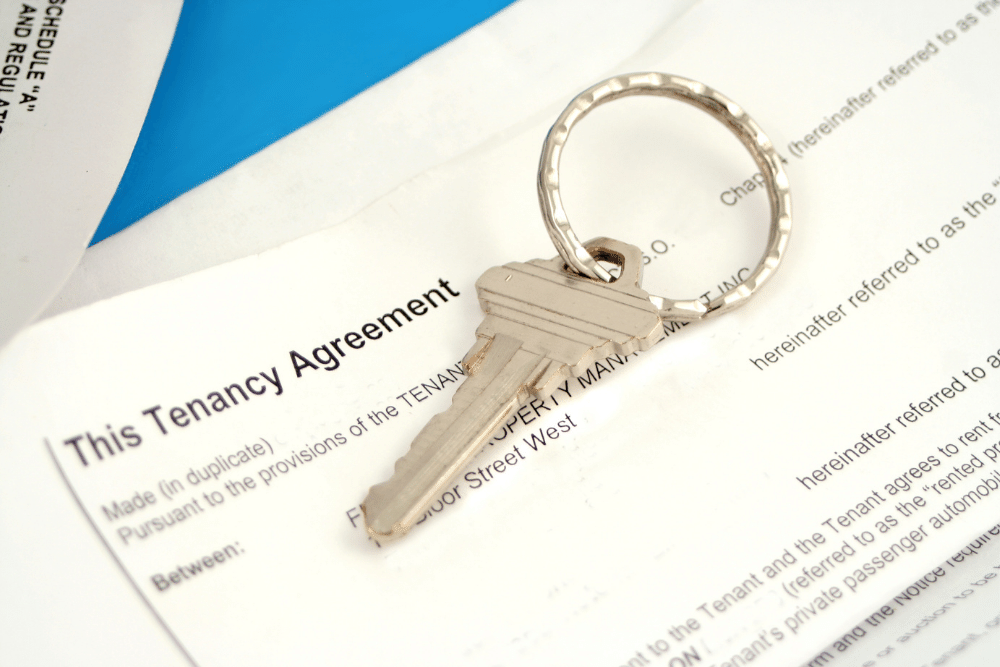What Are My Responsibilities as a Tenant?
Finding a new home is an exciting time in one’s life. Whether it’s your first venture into the rental market or you’ve gone through the process many times over, there’s always an excitement that comes with getting the keys to your new digs. But once you’ve opened the door to your pad, you’ll need to undertake a set of responsibilities as a tenant.
Wondering what they are? We’re here to tell you with this guide to tenant responsibilities.
Understand the Assured Shorthold Tenancy
Also known as an Assured Shorthold Tenancy, the AST is an agreement between the landlord and the tenant that sets out the conditions of living in a rented property. After this period, the landlord can renew the tenancy, let it go on a rolling contract — you carry on paying rent but the landlord can give you two month’s notice to vacate and you can give the landlord one month — or ask you to leave the property.
The AST protects you and the landlord by putting certain rules in place and should be aware of the following information:
- Tenancy start and end date, including a break clause if applicable
- Rent amount and expected payment date
- The address of the rented property
- The name of all involved including landlord and tenants
- The amount of deposit the tenant puts down prior to moving in and the scheme that it is protected by
- Reasons that would allow the deposit to be withheld
- Bills that the tenant is responsible for paying
- How the rent price will be reviewed and when this will happen

Take care of the property
Within the agreement, your duties as a tenant will be clearly outlined in regard to the upkeep of the property during your rental period. Before the tenancy begins, an inventory will be managed by the letting agent to work as a guide for fair wear and tear comparison once the tenancy has ended. Fair wear and tear is expected throughout the property after a long period of time, but damages are not and can result in deductions from your security deposit, so it is important that you take care of the property you are living in.
Whilst you are living at the property, you are responsible for maintenance such as taking care of furniture and appliances. The tenant should also take responsibility for testing smoke and carbon monoxide alarms as batteries may need to be changed at some point during the tenancy.
Notify the landlord of any issues
As a tenant it is also your responsibility to notify your landlord of any issues within the property, including damages and repairs. Unless you record damages, these may get worse over time and only be discovered during the next inspection, so it’s vital that you make the landlord aware as soon as possible.
It is responsible for landlords to keep utilities in working order so tenants can effectively heat the property and it functions to a satisfactory level. If there are issues relating to heat, damp and safety, the landlord has an obligation to repair these as soon as possible. If you do not receive a response to the issues within 14 days, you have a right to complain to the council, which would enforce an inspection of the property to evaluate the safety of its residents.

Pay your bills
In the same way that the landlord is required to let the property for the fixed term, you are required to pay for the rental term in full regardless of whether you are staying at the property or not. Alongside the rent to the landlord the tenant will likely need to pay for the following bills during the tenancy period:
Council Tax
The tenant must contact the local council to find out how much this will cost as it varies depending on your property’s valuation, the banding of your property and which local authority it comes under. Some reductions are available for individuals that have a low income, are a student or on benefits so this may be worth looking into.
Energy
Gas and electricity bills must be paid by the tenant. There are exceptions where these bills may be in the landlord’s name but this can be clarified in the tenancy contract. Cheaper comparison deals may be found online if you are looking to see if you can find a cheaper option.
Water
Find out which water provider supplies your area and contact them before you move in to find out when payments will be made. Payment can be made annually, quarterly or monthly.
TV Licence
It is a legal responsibility to pay for a TV licence if you intend to watch live tv or record programmes. This includes the use of catch-up services like BBC Iplayer and ITV hub. You can apply for this through the TV licence website.
Contents Insurance
Contents insurance covers the tenants’ personal items. It’s not mandatory, but you should safeguard any personal items that you leave in the property, whether it’s furniture, jewellery, computers et cetera.
Phone and Broadband
The majority of households now have an internet connection. Unless stated in the tenancy, you will be responsible for arranging an active broadband line and paying for it.
There is plenty to consider when it comes to a tenant’s responsibilities during a tenancy period. It is important for the tenant to know their rights within the AST document so that they are not held liable if any damage occurs during the rental. However, if the tenant has abided by the agreement, they have a responsibility to look after the property they reside in, which includes the payment of bills and rent on time. Follow our tips, and you’ll enjoy an in-life tenancy experience that mirrors the excitement of getting the keys to your own home.